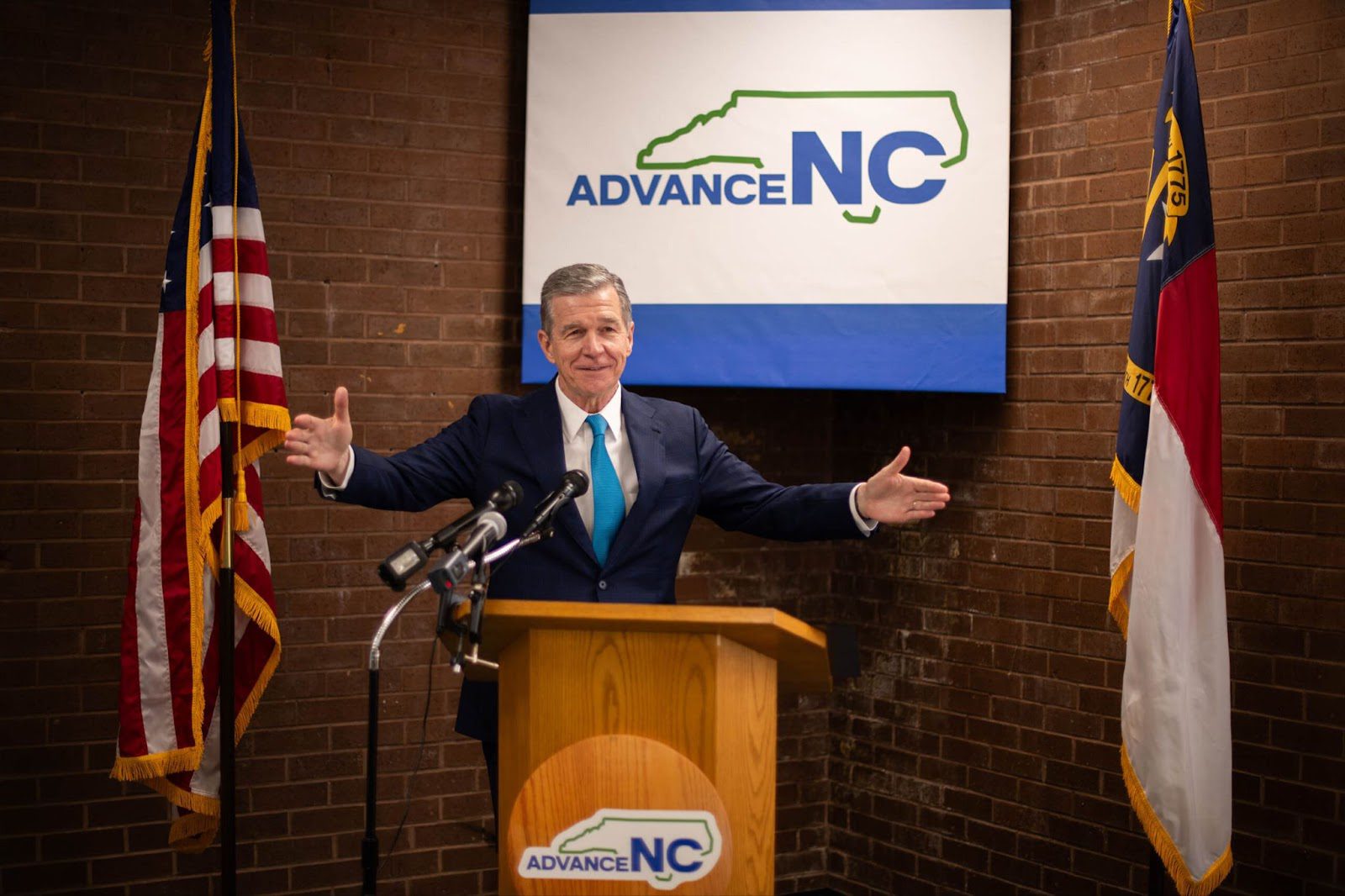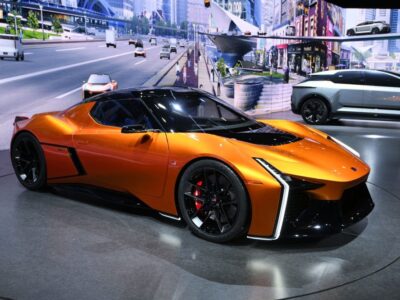Over the past year, North Carolina has seen nearly a 50% increase in electric vehicle (EV) registration. The uptick in consumer registrations is tied directly to the state’s commitment to EV investment — and wise use of the federal bipartisan Inflation Reduction Act credits, which offer buyers a $7,500 tax rebate when they buy a qualifying electric car, truck, or SUV.
In fact, Gov. Roy Cooper recently set an executive order target of 1.25 million EVs registered in North Carolina by 2030 to help reduce greenhouse gas (GHG) emissions and have the state carbon neutral to 2005 levels by the year 2050.
The move toward EV use is triggering further clean energy jobs statewide. North Carolina currently has more than 450,000 jobs in the manufacturing sector.
New manufacturing projects from companies including Toyota and Vinfast have added to the expansion of EV jobs from Murphy to Manteo.
Toyota’s $1.29 billion automotive battery manufacturing plant in Randolph County will create 1,750 jobs. Vinfast will bring its first United States manufacturing facility to Chatham County. The $4 billion advanced manufacturing plant near Moncure will add at least 7,500 new jobs to the area.

Photo Courtesy Chatham Economic Development Corporation
EV investments have also boosted the economy where it is needed the most. North Carolina’s poorest counties experienced more than $520 million in investment between 2007 and 2022. And the state is taking notice of the potential to help those in underserved communities access these new, higher-paying clean energy jobs. The AdvanceNC program has teamed up with 10 community colleges, two state universities, and six workforce development programs to help those residents and communities prepare for jobs in the booming new economy. The program is a pioneer program of its type.
“We offer incentives and specialized training, customized training,” Jennifer Mundt, assistant secretary of clean energy economic development in the state’s department of commerce, told Fierce Electronics. “It is the envy of other states.”
The focus on EV investment ties neatly into North Carolina’s 2019 Clean Energy Plan, designed to facilitate the use of clean energy resources.
The plan includes reducing power sector GHG emissions by 70% by 2030 and achieving carbon neutrality by 2050.

Photo Courtesy Chatham EDC
And it’s all good news from here. An RTI International report suggested that the cumulative economic impact of EV manufacturing over 16 years in North Carolina will exceed $59 billion. Much of that is thanks to new companies’ investments, which have a cascading effect on additional clean energy firms to set up shop in the Tar Heel state.
Those investments “really demonstrate the value proposition for clean energy jobs,” Mundt said to Fierce Electronics.





